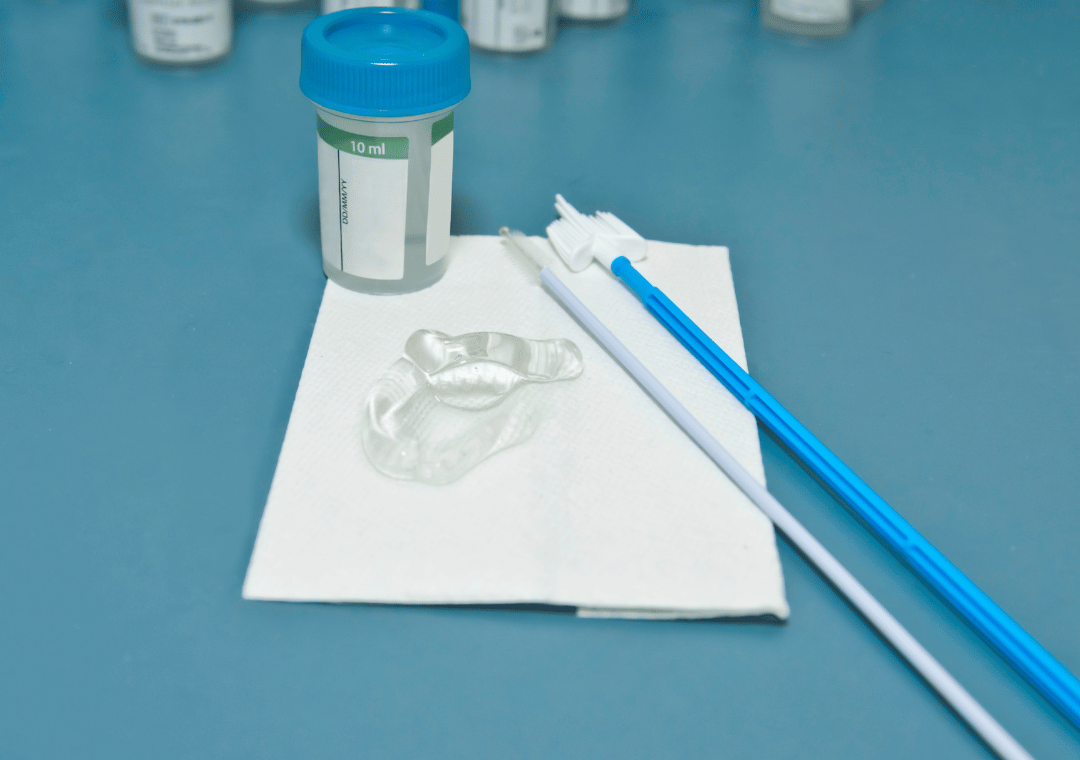A pap smear, also called a pap test, is something that every woman needs to get. That’s because it is a way to check for signs of cancerous cells or ones that may be cancerous in the future. A pap smear allows for your doctor to look at the tissue and cells in your cervix in hopes to catch signs of cervical cancer. Every woman needs to get pap smears, but not many people know much about them. We’re here to answer all your pap smear questions.
How should I prepare for a pap smear?
There are a few things to do before your test to get the most accurate results. The first is to schedule the test about two weeks after the start of your period. This is because the menstrual fluid might make it more difficult for your doctor to perform the PAP. Additionally, in the 2 or 3 days leading up to the test, here are a few things not to do(1):
Use tampons
Use vaginal medications
Use contraceptives
Have sex
Douche
All of these can wash away the abnormal cells.
What happens during the pap smear procedure?
A pap smear will take place at your doctor's office during your routine pelvic exam. You will lay down on the table and place your feet in the two stirrups. The doctor will then open up your cervix with a tool called a speculum and use a swab to take a sample of the cells in your cervix. Then, your swab will be sent off to a lab for testing.
The whole procedure takes about 10 to 20 minutes. And don’t worry, it won’t hurt. You may feel a little uncomfortable or a small pinch, but nothing should be painful.
When should I start getting pap smears and how often?
Doctors recommend you start getting pap smears at the age of 21. After that, you should get them every 3 years or so. Depending on your results and health conditions, you may be asked to get them more often. Additionally, it is recommended women aged 30-65 get pap smear and HPV testing at the same times. This only needs to occur every 5 years. If you decided not to get HPV testing, then you would continue with the pap smear testing every 3 years.
How long do I have to wait for my results and what happens next?
Your results could take anywhere from a few days to 2 weeks to arrive. It just depends on the system of the lab you are using. Your doctor will contact you with your results and discuss the next steps.
If your results come back abnormal, your doctor may also perform an HPV test, a biopsy, or a colposcopy. These different tests will give them a better idea of what is going on in your cervix.
Getting a pap smear is nothing to be afraid of. It is something that has saved many lives. According to The University of Iowa Healthcare, “cervical cancer is 100% curable if detected early” (2). So be sure to get your pap tests.
Sources:
http://www.mayoclinic.org/tests-procedures/pap-smear/basics/how-you-prepare/prc-20013038
https://uihc.org/health-library/pap-tests-and-cervical-cancer

